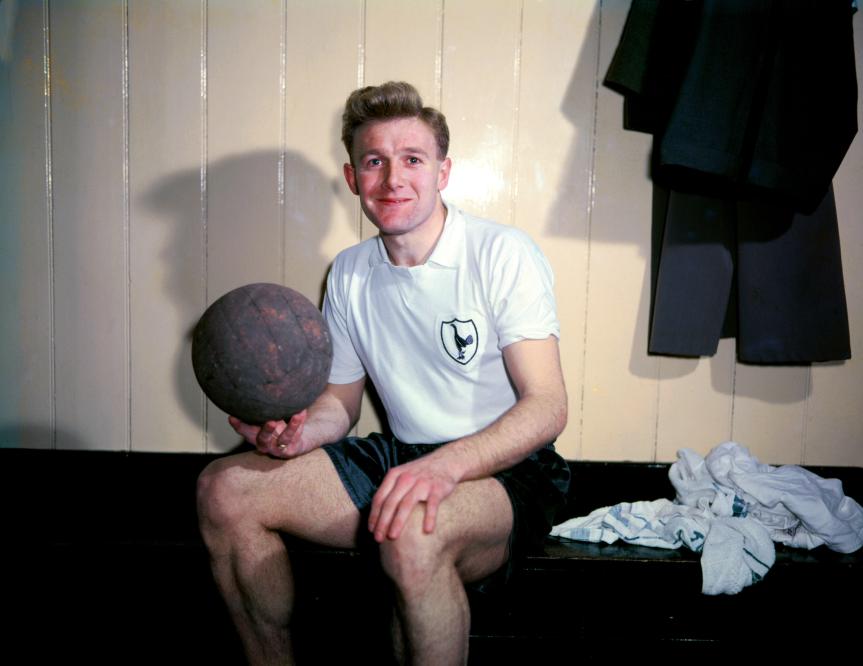TERRY Medwin, a member of the Tottenham Hotspur side that won the double in 1961, FA Cup in 1962 and European Cup-Winners’ Cup a year later, has died aged 91. Medwin, a Welsh international won was capped 30 times, played in the 1958 World Cup in Sweden and scored a vital goal for his country that secured a place in the quarter-finals. Medwin was a fast winger who was signed from Swansea in 1956 for £ 25,000 and played 345 Football League game for his two clubs. His career was ended in 1963 with a broken leg.
Real Madrid displayed their Champions League expertise with a 2-2 draw at Bayern Munich in the first leg of the semi-final. Real’s two goals came from Vínicius Juníor in the 24th and 81st minutes, the latter a penalty that equalised after Bayern had turned around the game after half-time. Bayern levelled the scores after 53 minutes through Leroy Sane, who cut inside a shot inside Lunin’s near post. Harry Kane added a second from the penalty spot shortly afterwards. Real’s spot-kick came after Kim brought down Rodrygo.
Wrexham’s owners, Rob Reynolds and Rob McElhenney are hoping to transform the club’s Racecourse Ground to a 55,000 capacity arena fit for the top flight. The ground currently holds 12,600 but they are confident the club could attract more than 45,000 to home games. The Hollywood duo have been frustrated by the prolonged planning process in the UK including the amount of red tape that accompanies any building project. They claim it is a lot harder to build in Britain than anywhere else in the world. However, they are confident that a bigger stadium will mean bigger crowds: “The whole town could come to a game,” said Reynolds hopefully.
Chelsea manager Emma Hayes believes here team have little chance of retaining their Women’s Super League title. The Blues are six points behind Manchester City but have two games in hand. City have a better goal difference. Hayes has won 15 titles in 12 years since becoming coach but this season, her team have repeatedly fallen short by their own lofty standards, losing in the League Cup final, FA Cup semi-finals and last four of the Champions League.
A Brazilian Parliamentary Commission is calling for Sèrie A to be halted due to match-fixing allegations. Botafogo owner John Textor has revealed he has evidence of suspicious activity related to a number of games. The Brazilian National Association of Soccer Referees has come out in support of the league season being put on pause while an inquiry is established. This scandal could prove damaging for the betting industry in Brazil which is moving towards a regulated launch after President Lula da Silva signed a decree to legalise sports betting in December 2023.


